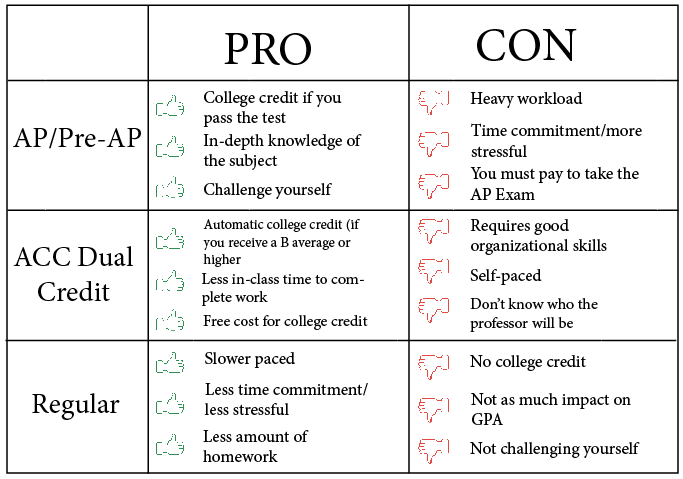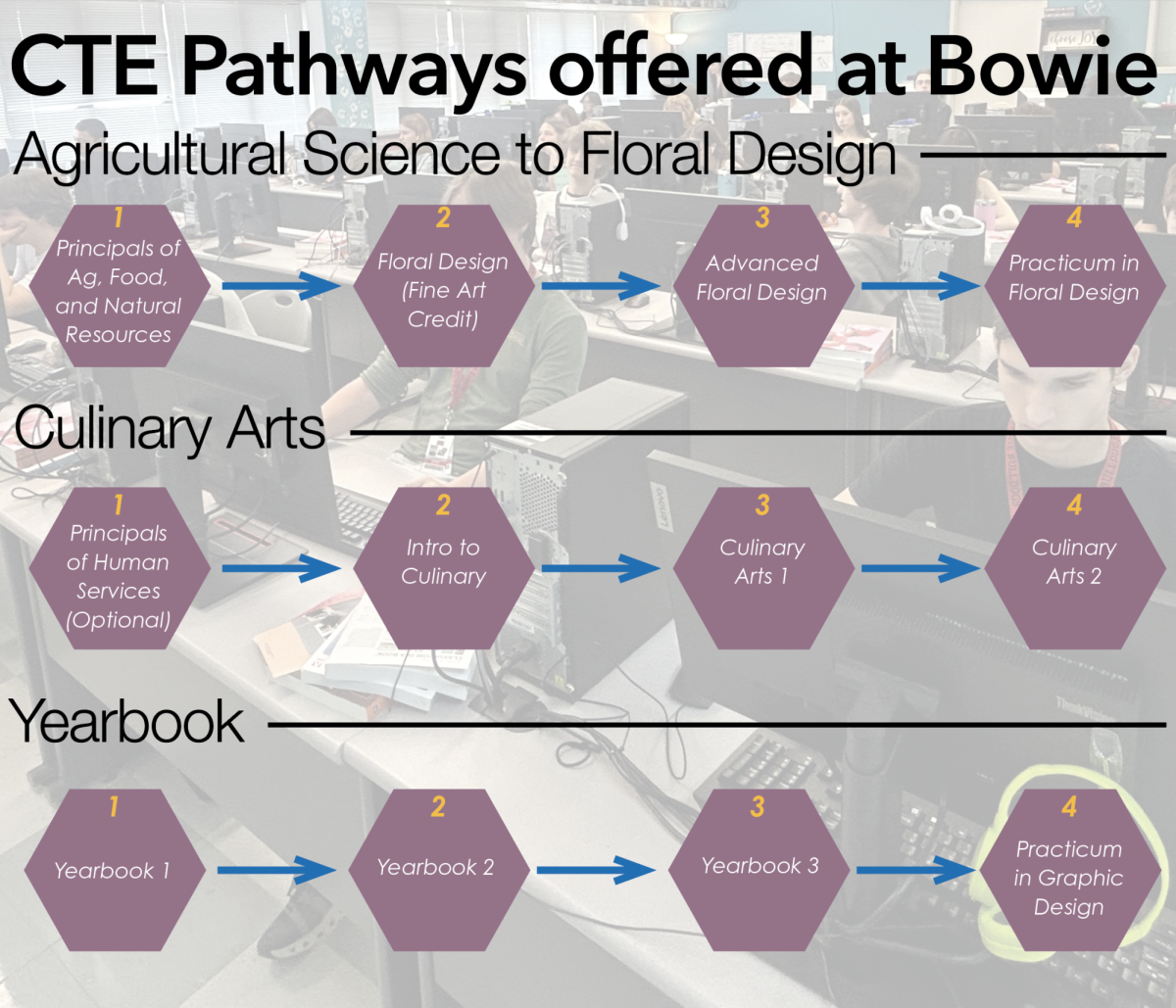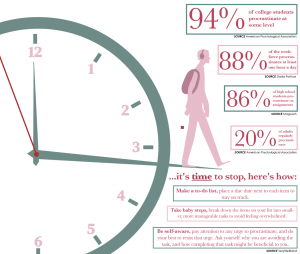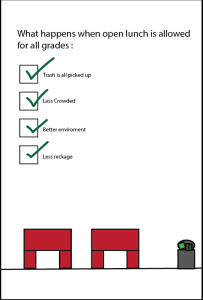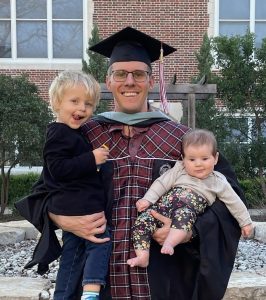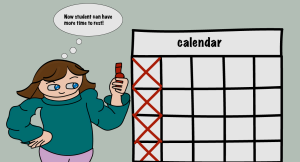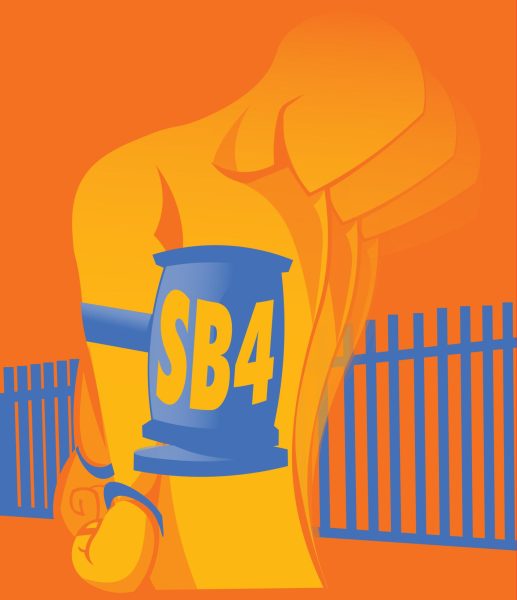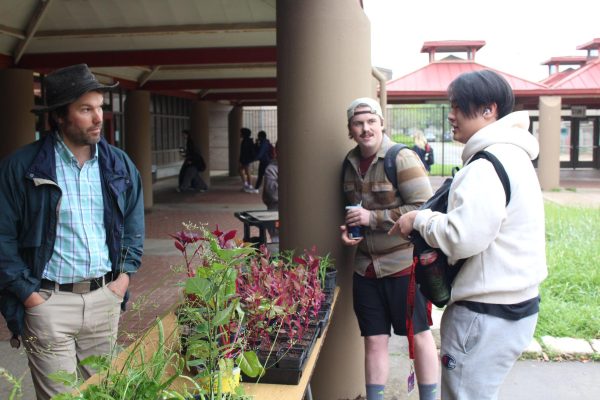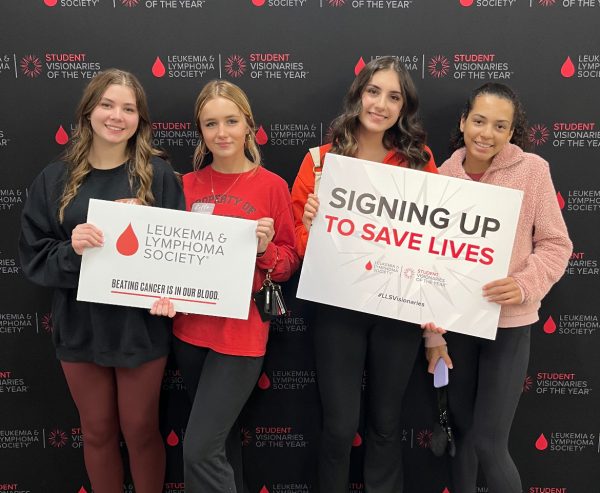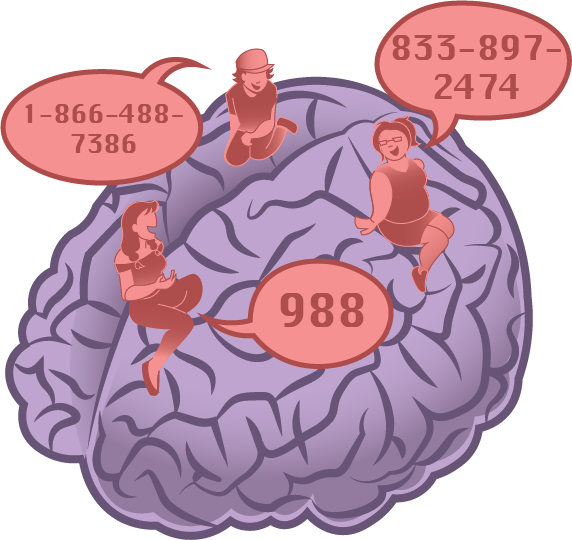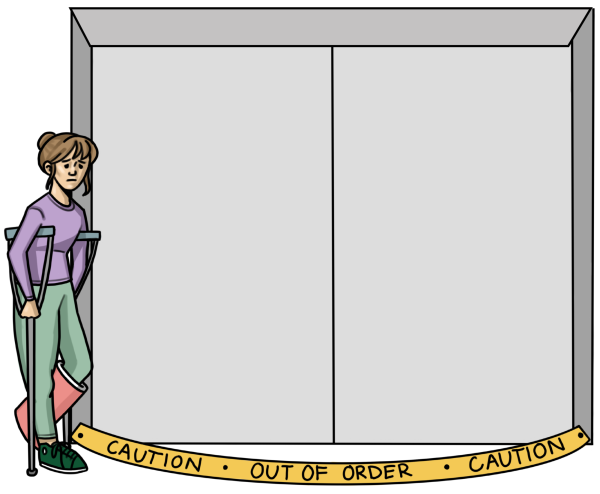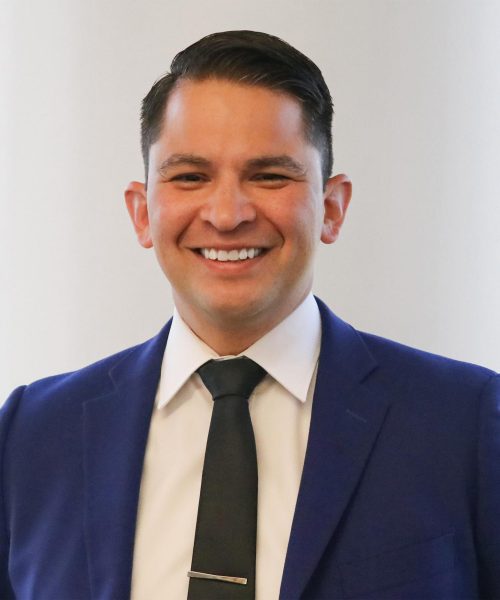Difficult class choices resolved
April 12, 2016
Course contracts come every year for freshmen, sophomores, juniors, and, for seniors, college applications. Students do their best to pick the correct path for next year that fit their personal needs and interests, but students often request changes at the beginning next school cycle despite the contract. However, there are ways to make sure the choice an individual makes is the best for them.
Some students are troubled by choosing the wrong classes for next year and worried about the workload.
“It has been difficult to decide which courses to take because I’ve been told junior year is the hardest and I don’t want to choose a class that I’ll regret,” sophomore Piper Kopser said.
Teachers, like English teacher Whitney Shumate, advise students to think about the classes and workload they have now.
“Students should take into consideration their own performance during the current school year,” Shumate said. “Be aware of their own strengths and weaknesses.”
Some students’ first instinct is to take lots of AP classes.
“While it may seem like taking all AP classes would be the best option to impress a college admissions committee, it doesn’t look so great if that person is struggling or failing all of those classes,” Shumate said.
Between academic, pre-AP, AP, and ACC dual credit, teachers take a few things into consideration when advising choices.
“I think about the student’s work ethic, academic performance, and interests,” Shumate said.
No matter which class they decide to take, students should keep working hard.
“Work diligently and enthusiastically no matter what and all the time,” social studies department chair Ruth Ann Widner said.
Widner suggests talking to both peer and teachers that are taking the different courses to further get a good understanding of the class a student takes.
“In making this decision, students should speak to students taking each of the three options and talk to their current teacher,” Widner said.
However, counselors are a better resource for information if it involves which class to take for a future career a student has in mind.
“If a student is trying to develop a pathway towards a particular career field or area of interest, the counselor’s guidance would be more useful than a teacher’s,” Widner said.
Different resources will work for different students though, like how Kopser found most of her help from the experiences of others and her family’s opinions.
“To narrow down my decisions, I’ve taken in the advice that upperclassmen have given me as well as the thoughts of my friends and family,” Kopser said. “The best advice I’ve received is from my older sister and my upperclassman friends.”
Before making decisions on electives and core classes, it is advised to try many different things while also keeping a career in mind.
“Students should try lots of different types of courses in high school in order to figure out what interests them,” Widner said. “The other belief is that students should prepare in high school for a future career by carefully selecting a sequence of related courses.”
The latter option has been most prevailing, but Widner thinks differently.
“Personally, I think that both approaches are appropriate, as some kids know what they want to do someday while others are still exploring the possibilities,” Widner said.
Despite all the choices, students should try more difficult courses to gain experience and habits.
“By challenging themselves in high school, students develop good study habits, effective time management skills and learn to how to be their own advocate,” counselor Veronica Castillo said.
To help gain knowledge on courses and careers outside of high school, Castillo suggest taking a step further than only talking to counselors and teachers.
“Students should research on their own by visiting universities, look at their websites for academic programs, applying for summer programs at local agencies, meeting with college representatives that come to Bowie, or try doing an internship or volunteering at an organization of a job that they’d like to learn more about,” Castillo said.

